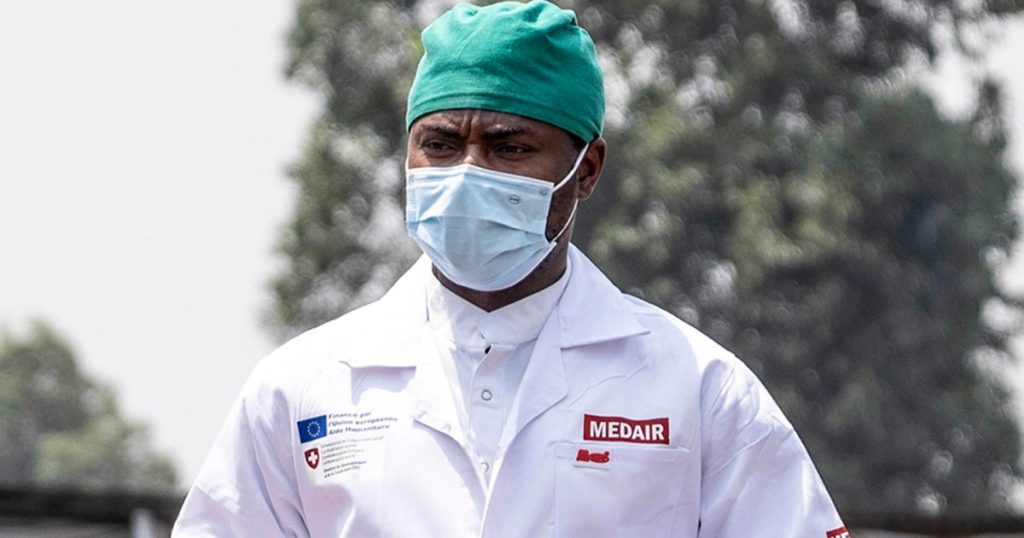In September 2017, an 11-year-old boy presented symptoms of monkeypox at a hospital in Nigeria, causing alarm as the last recorded case of the disease was nearly 40 years prior. Chief Medical Director Dimie Ogoina suspected monkeypox after ruling out chickenpox due to the boy’s medical history. This led to a process of testing and confirmation from the Nigeria Centre for Disease Control and Prevention and Institut Pasteur in Dakar. As more suspected cases emerged, fear, stigma, and misinformation spread, leading to social challenges for healthcare workers. Tragically, one patient even died by suicide before receiving test results.
In response to the 2017 outbreak, Ogoina’s hospital was forced to improvise due to Nigeria’s lack of testing capabilities and isolation centers. The new outbreak differed from previous occurrences, presenting in a different population with more cases of genital ulcers and lesions. Ogoina suspected sexual transmission, but faced pushback from the scientific community. It wasn’t until the 2022-2023 global outbreak that evidence of sexually transmittable variants of monkeypox surfaced, along with cases predominantly in adult men through person-to-person transmission.
The World Health Organization (WHO) declared monkeypox a public health emergency of international concern (PHEIC) due to a new, faster-spreading variant emerging in multiple countries across continents. The DRC reported the first case in the recent outbreak, highlighting the challenges faced in treating patients amid conflicts and low healthcare resources. Vaccine coverage remains a concern in the developing world, with African countries lacking access to necessary doses due to high costs and limited production capacities. The absence of vaccines in affected African nations like the DRC poses significant risks for the spread of the virus.
Healthcare workers in Africa face immense challenges in handling deadly diseases due to limited resources and funding, often relying on external support to combat epidemics. Didier Mukeba Tshilala emphasizes the unequal distribution of vaccines and resources between developed and developing countries, leading to preventable epidemics in regions with low healthcare budgets. The ongoing outbreaks of monkeypox and other diseases shed light on the importance of global cooperation and support in addressing public health crises.
Epidemiologist Daniel Romero-Alvarez uncovers the impact of deforestation on the spread of niche pathogens like Oropouche virus in South American countries. The escalating outbreaks in countries like Brazil, Bolivia, and Ecuador highlight the consequences of habitat loss on disease transmission, with possible links between reduced vegetation and higher case numbers. Despite scientific evidence, government inaction and lack of funding hinder efforts to combat the spread of these diseases, underscoring the need for improved environmental conservation and public health strategies.
Romero-Alvarez’s research exposes the challenges of conducting scientific studies in regions where governments prioritize other issues over healthcare and environmental concerns. His cynicism towards government responses to crises like climate change and pandemics reflects the frustration of many scientists in gaining support and cooperation for their work. Despite the obstacles, Romero-Alvarez remains dedicated to his research, utilizing creative outlets to cope with the challenges and continue his pursuit of understanding and combating infectious diseases.













